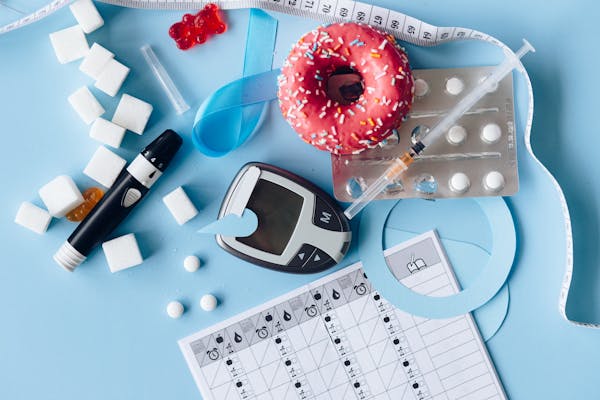1 in 5 People Who Get COVID-19 Develop Lingering Conditions
[ad_1]
By now, it’s abundantly clear that COVID-19 is not usually an health issues that clears immediately and leaves no trace. Millions of men and women in the U.S., and even much more around the environment, have Very long COVID, the title for signs that past months or even many years right after an infection.
Now, a new report from the U.S. Centers for Sickness Management and Prevention (CDC) can help quantify just how normally COVID-19 is linked to subsequent health and fitness concerns. Amongst U.S. adults more youthful than 65 who have had COVID-19, around one particular in five has produced a wellbeing situation that may perhaps be linked to the virus, the report claims. Amongst persons 65 or more mature, about just one in 4 has.
To achieve those people findings, CDC scientists employed digital wellness information to track more than 350,000 U.S. grown ups who experienced verified COVID-19 instances. They tracked these individuals for up to a year just after their diagnoses to see if they made at least a person of 26 disorders connected to submit-COVID-19 illness—including coronary heart sickness, respiratory problems, asthma, kidney sickness, neurologic disorders, diabetic issues, and mental overall health circumstances. For comparison, they also tracked a group of 1.6 million U.S. grownups who experienced not had COVID-19, but sought health care care for other factors in the course of the analyze interval.
Extra from TIME
From that comparison, it was clear that COVID-19 survivors ended up at improved risk of building nearly all of the 26 circumstances. The most spectacular possibility variations amongst COVID-19 survivors and the typical inhabitants were in establishing respiratory indications and pulmonary embolisms, a variety of blood clot that can guide to shortness of breath and chest discomfort. People who’d had COVID-19 were about 2 times as most likely to acquire both of those problems.
There were some restrictions to the info. The scientists employed one particular electronic wellness history network, so the patient base could not be beautifully agent of the U.S. inhabitants. It’s also achievable that physicians ended up wanting extra closely for the analyzed disorders in COVID-19 survivors than in individuals who hadn’t experienced the virus, or that some persons experienced undiagnosed conditions before they bought infected. (People with a documented, current historical past of one of the 26 circumstances have been excluded from the analyze.) The researchers also did not account for a person’s COVID-19 vaccination status, and details assortment ran only through November 2021, so it’s not possible to say how newer COVID-19 variants like Omicron match into the photo.
Still, the study gives even additional evidence that COVID-19 can induce challenges that final substantially lengthier than an acute infection does. Even if signs and symptoms like coughing, fever, and fatigue obvious up in a make a difference of days, the virus can leave a long lasting mark in methods that aren’t straight away apparent.
That is result in for major issue, notably provided how contagious the at this time circulating variants are. Almost 60% of the U.S. inhabitants experienced been infected as of February, in accordance to CDC estimates, and that selection is nearly surely substantially larger now. “As the cumulative selection of individuals at any time acquiring been contaminated with SARS-CoV-2 improves, the quantity of survivors suffering post-COVID problems is also most likely to improve,” the authors of the new report produce.
These situations can be really serious or even debilitating—some with Long COVID have experienced to depart their jobs or substantially modify their lifestyles—and it’s not constantly doable to predict who will be affected. The ideal way to stay clear of post-COVID issues, experts normally say, is to prevent catching the virus in the 1st put, and to be vaccinated and boosted if you do.
Much more Have to-Browse Stories From TIME
[ad_2]
Source link




